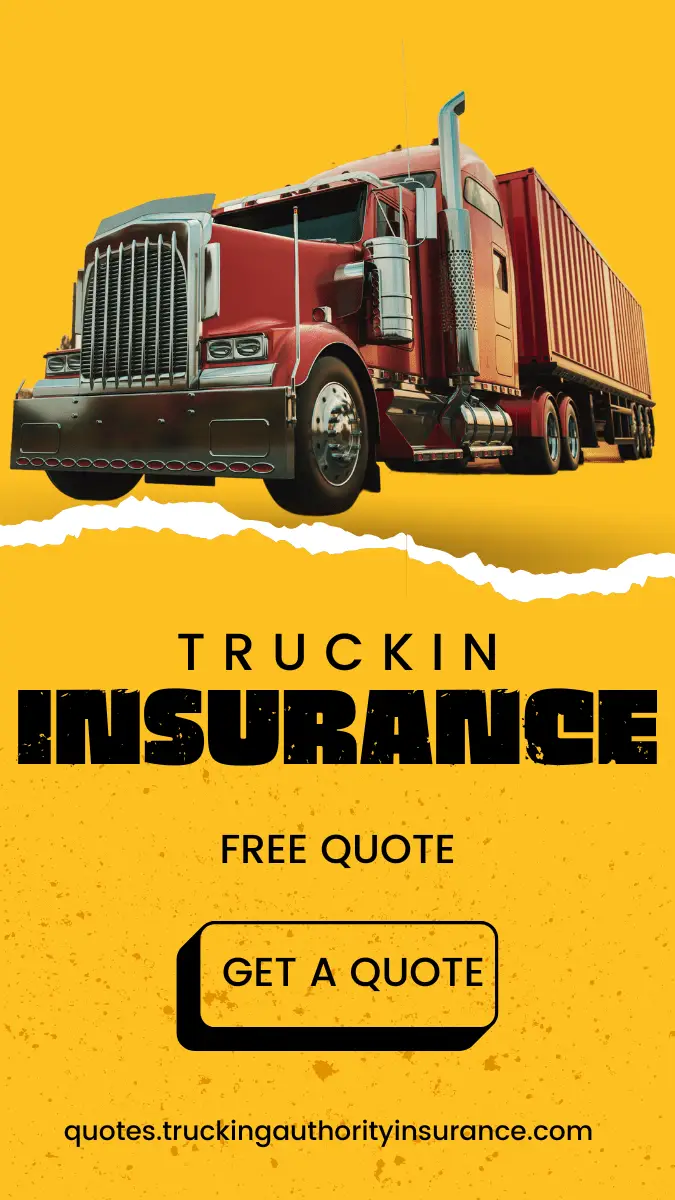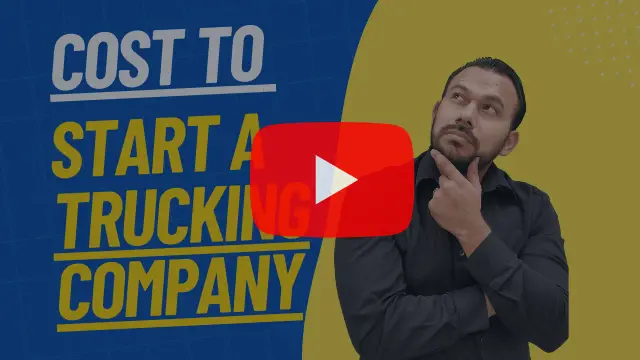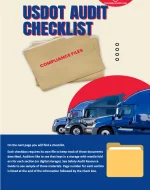Understanding DOT and MC Numbers: Your Guide to Compliance and Success
Starting a trucking business in the United States involves navigating several requirements, and obtaining a DOT and MC Number is at the top of the list. Issued by the FMCSA (Federal Motor Carrier Safety Administration), these numbers are essential for compliance, safety monitoring, and legal operations.
In this guide, we’ll explore the importance of the DOT and MC Number, outline the steps to get them, and provide answers to the most commonly asked questions.
What Are DOT and MC Numbers?
A DOT Number is a unique identifier used to monitor a trucking company’s safety practices, compliance with regulations, and accident records. All commercial motor carriers operating interstate or transporting hazardous materials are required to have a DOT Number.
An MC Number (Motor Carrier Number) authorizes trucking businesses to operate legally across state lines or as for-hire carriers.
Why Do You Need a DOT and MC Number?
You need a DOT and MC Number to:
- Operate legally across state lines.
- Register your business with the FMCSA.
- Secure contracts with brokers and shippers.
- Comply with federal safety and insurance regulations.
Need Help Obtaining Your Permits?
Get Your Trucking Authority Today!
We Can Help Your Setup Your USDOT & MC Number.
Speak With Our Experienced Permit Professionals That Can Help You Ever Step Of The Way.
Call Us Today! Live Agents Are Standing Bye.
Steps to Obtain Your DOT and MC Numbers
Follow these steps to ensure compliance and obtain your DOT and MC Numbers:
Determine If You Need a DOT and MC Number
- A DOT Number is required for all interstate trucking businesses and some intrastate carriers.
- An MC Number is necessary if you transport goods for hire across state lines or broker freight.
Register for a DOT Number
- Complete the MCS-150 Form on the FMCSA website.
- Provide details about your business, such as operation type, number of vehicles, and cargo classification.
Start your registration here: FMCSA Registration.
Apply for the MC Number
- Submit the OP-1 Form through the FMCSA portal.
- Ensure accuracy in your business details, operations, and insurance filings.
Learn more about the MC Number process here: MC Number Guide.
File the BOC-3 Form
- This form designates process agents in every state where you operate and is mandatory to activate your MC Number.
Obtain Insurance Coverage
- You must provide proof of commercial insurance that meets FMCSA requirements to activate your MC Number.
Complete State-Specific Requirements
- Register for apportioned plates under the International Registration Plan (IRP).
- Enroll in the International Fuel Tax Agreement (IFTA) to report fuel taxes.
Why DOT and MC Numbers Are Critical for Your Business
The DOT and MC Numbers are more than just formalities; they:
- Ensure Compliance: Avoid fines and operational delays by meeting FMCSA requirements.
- Enhance Credibility: Brokers and shippers prefer working with authorized carriers.
- Open Opportunities: Enable interstate operations and access to more freight contracts.
Common Mistakes When Applying for DOT and MC Numbers
Avoid these common errors to streamline your application:
- Submitting incomplete or incorrect information on the forms.
- Failing to meet the FMCSA’s insurance requirements.
- Delaying the BOC-3 filing, which can prevent activation of your MC Number.
For a detailed breakdown of the costs and requirements, visit MC Number Pricing.
Frequently Asked Questions About DOT and MC Numbers
What is the difference between a DOT Number and an MC Number?
A DOT Number monitors a company’s safety and compliance, while an MC Number authorizes interstate and for-hire operations.
Can I operate with only a DOT Number?
Yes, if you operate intrastate or do not haul goods for hire across state lines. For interstate or for-hire operations, an MC Number is required.
How long does it take to activate my DOT and MC Numbers?
DOT Numbers are issued immediately, but MC Numbers typically take 21 business days after submitting all required documents and insurance.
What is a BOC-3 filing, and why is it necessary?
The BOC-3 form designates process agents in each state, ensuring you can receive legal documents. It’s mandatory for activating an MC Number.
Do you need to renew DOT and MC Numbers?
You must update DOT Numbers every two years, while MC Numbers don’t require renewal. However, you need to keep associated filings, like UCR, up to date.
How much does it cost to get DOT and MC Numbers?
The costs vary based on filing fees, insurance requirements, and additional permits. For detailed pricing, visit MC Number Pricing and Registration Costs.
Can I transfer my DOT or MC Number to another company?
No, DOT and MC Numbers are specific to the entity that applied. A new business entity requires new numbers.
Do I need both numbers if I only operate in one state?
Usually, you only need a DOT Number for intrastate operations. However, state-specific rules may apply, so it’s essential to check local regulations.
What happens if I don’t have insurance when applying for an MC Number?
Your MC Number will not be activated until proof of valid insurance is provided.
Can I add other services, like IFTA registration, when applying for DOT and MC Numbers?
Yes, additional services such as IFTA registration, IRP apportioned plates, and UCR can be added to your setup package for convenience.
Get Started with Your DOT and MC Numbers
Obtaining your DOT and MC Numbers is a vital step in establishing a successful trucking business. By following the outlined steps, avoiding common mistakes, and understanding the associated requirements, you can ensure smooth operations from day one.
For detailed assistance or to get started, visit our guide: MC Number Information.
Take the first step toward compliance and growth today!







